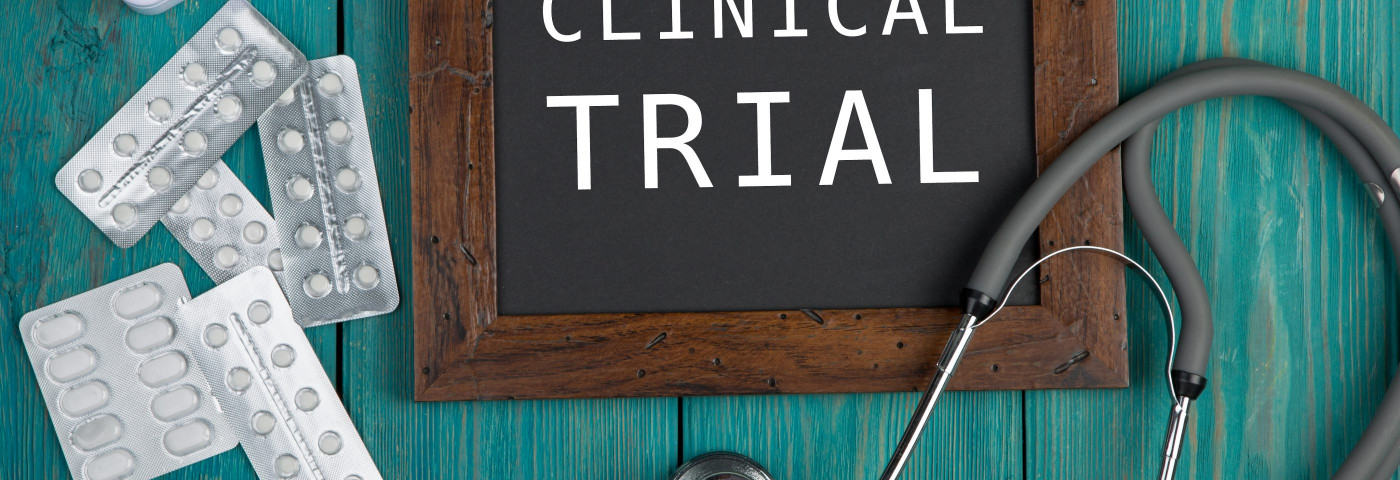The first patient has been dosed in an open-label Phase 1/2 clinical trial evaluating the safety and efficacy of MB-102 — a CD123-targeted CAR T-cell therapy — in adults with relapsed or refractory acute myeloid leukemia (AML), announced the treatment’s developer, Mustang Bio.
The trial (NCT04109482), which is currently recruiting, will also include adults with relapsed or refractory blastic plasmacytoid dendritic cell neoplasm (BPDCN), and high-risk myelodysplastic syndrome (hrMDS).
Eligible AML patients must have a confirmed diagnosis of relapsed or refractory AML with early relapse of fewer than six months after initial therapy.
Study sites include City of Hope Medical Center, Dana-Farber Cancer Institute, Duke University, and MD Anderson Cancer Center. More detailed enrollment information and who to contact can be found here.
“This is a momentous occasion for Mustang, as it is the first clinical trial under Mustang’s investigational new drug application (IND) in which a patient was dosed with cells processed in our own manufacturing facility,” Manuel Litchman, MD, president and CEO of Mustang, said in a press release. “We look forward to advancing the development of MB-102 and providing updates on the trial.”
The Phase 1 portion of the trial will identify the maximum tolerated dose of MB-102 for the Phase 2 trial, with safety assessed at each dose before proceeding to the next.
Phase 2 part will be divided into three arms, each to evaluate MB-102 in relapsed or refractory AML, BPDCN, or hrMDS.
The primary outcome will be the response rate 28 days after infusion in all three study arms. Secondary measures will include the duration of response, progression-free survival (proportion of participants who are alive and do not experience any progression in their symptoms), overall survival, and the number of treatment-emergent adverse events. Participants will be followed for up to three years.
MB-102 is a CAR T-cell therapy in which immune T-cells are isolated from the patient, then modified to target and eliminate cancer cells that express a protein called CD123, widely found on bone marrow cells of patients with AML, BPDCN, and hrMDS. Modified cells are then reinfused back into the same patient.
A first-in-human Phase 1 study (NCT02159495), which included about 40 participants, examined the anti-tumor activity and safety of MB-102 conducted at the City of Hope center and demonstrated complete responses in people with AML and BPDCN without dose-limiting toxicities. Dose-escalation tests are ongoing for both indications.
Recently, MB-102 received orphan drug designation from the U.S. Food and Drug Administration for AML and BPDCN. The status is given to medicines intended to treat, diagnose, or prevent rare diseases that affect fewer than 200,000 people in the U.S.
Mustang is also investigating its CAR T-cell therapies in non-Hodgkin’s lymphoma and chronic lymphocytic leukemia, as well as in solid tumors including prostate and pancreatic cancers and the brain cancer glioblastoma.

